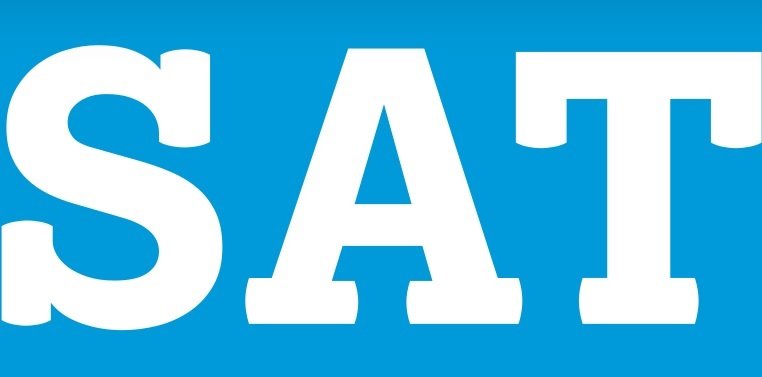SAT vocabulary
Improving your SAT vocabulary quickly can significantly enhance your performance on the test, especially in the Reading and Writing sections. Here are some effective strategies to help you boost your vocabulary in a short amount of time.
1. Read Widely and Regularly
Reading is one of the most effective ways to learn new vocabulary. By exposing yourself to a variety of texts—such as novels, newspapers, academic articles, and essays—you encounter words in context, which helps with understanding their meanings and uses.
Diverse Genres: Engage with different genres to see how vocabulary is applied in various contexts. This will not only improve your vocabulary but also enhance your comprehension skills.
Active Reading: While reading, make a note of unfamiliar words. Look them up, write down their definitions, and try to use them in sentences.
2. Use Spaced Repetition
Spaced repetition is a powerful memorization technique that involves reviewing vocabulary at increasing intervals. This method helps transfer words from short-term to long-term memory.
Flashcards: Create flashcards for new words and use apps like Anki, which utilize spaced-repetition algorithms to optimize your study sessions.
Consistent Review: Set aside time each day to review your vocabulary flashcards. This consistent practice will reinforce your memory of the words.
3. Employ Mnemonic Devices
Mnemonic devices can make learning new vocabulary fun and memorable. These techniques involve creating associations between the words and their meanings.
Visual Imagery: For each new word, create a vivid mental image that relates to its meaning. The more outrageous or humorous the image, the better it will stick in your memory.
Story Linking: Link the word to its meaning through a short story. For example, if you learn the word “abjure,” imagine a character dramatically renouncing a belief in a theatrical manner. This storytelling approach helps solidify the connection between the word and its meaning
4. Focus on Word Roots, Prefixes, and Suffixes
Understanding the components of words can help you decipher unfamiliar vocabulary. Many English words are derived from Latin and Greek roots, which can provide clues to their meanings.
Root Analysis: Familiarize yourself with common roots, prefixes, and suffixes. For instance, knowing that “mis” means “hate” and “gyn” means “woman” can help you understand the word “misogynist” as someone who hates women.
Breaking Down Words: When encountering new vocabulary, break it down into its components to infer its meaning. This strategy reduces the number of words you need to memorize directly.
5. Practice with High-Frequency SAT Vocabulary Lists
Focusing on high-frequency SAT vocabulary can maximize your study efficiency. These lists include words that frequently appear on the test.
Targeted Study: Use curated vocabulary lists from reputable SAT prep resources. Concentrate on understanding these words in context rather than rote memorization.
Contextual Practice: Engage with practice questions that incorporate these vocabulary words in sentences or passages. This will help you see how the words are used in context, which is crucial for the SAT.
6. Incorporate Vocabulary into Daily Life
Using new vocabulary in your daily conversations and writing can reinforce your learning.
Active Usage: Try to incorporate new words into your speech and writing. This practical application enhances your ability to recall and use the words effectively during the test.
Engage with Others: Discuss new words with friends or study partners. Teaching someone else can solidify your understanding and retention of the vocabulary.
7. Utilize Online Resources and Apps
There are numerous online resources and apps designed to help students improve their SAT vocabulary.
Vocabulary Apps: Consider using apps specifically designed for SAT prep that offer interactive games and quizzes to make learning engaging.
Online Courses: Enroll in online courses or watch tutorial videos that focus on vocabulary acquisition techniques. These resources often provide structured learning paths and additional tips for mastering vocabulary quickly
Conclusion
It is possible to rapidly increase your SAT vocabulary with the appropriate techniques and persistent work. You can efficiently increase your vocabulary by reading widely, practicing with high-frequency vocabulary, utilizing mnemonic devices, spaced repetition, focusing on word roots, and incorporating new terms into your everyday life. Keep in mind that learning vocabulary requires more than just memory; it also requires an awareness of how words are used in context. By applying the appropriate strategies and putting in the necessary effort, you can increase your vocabulary on the SAT and score higher overall.
Another Related Blog
